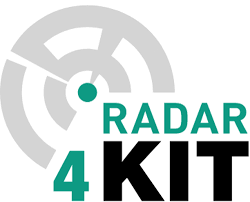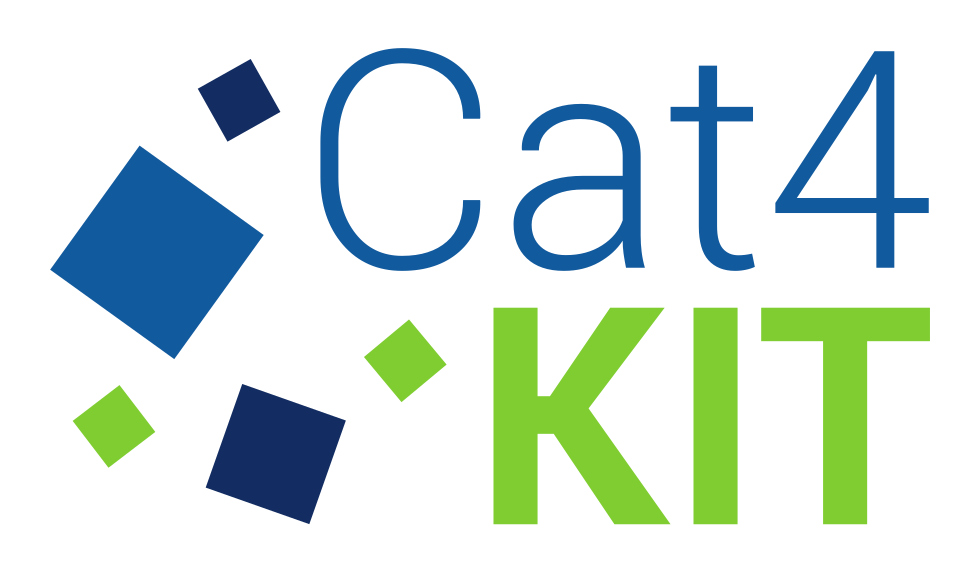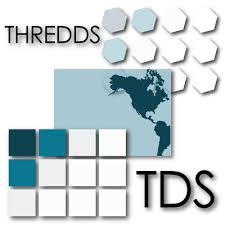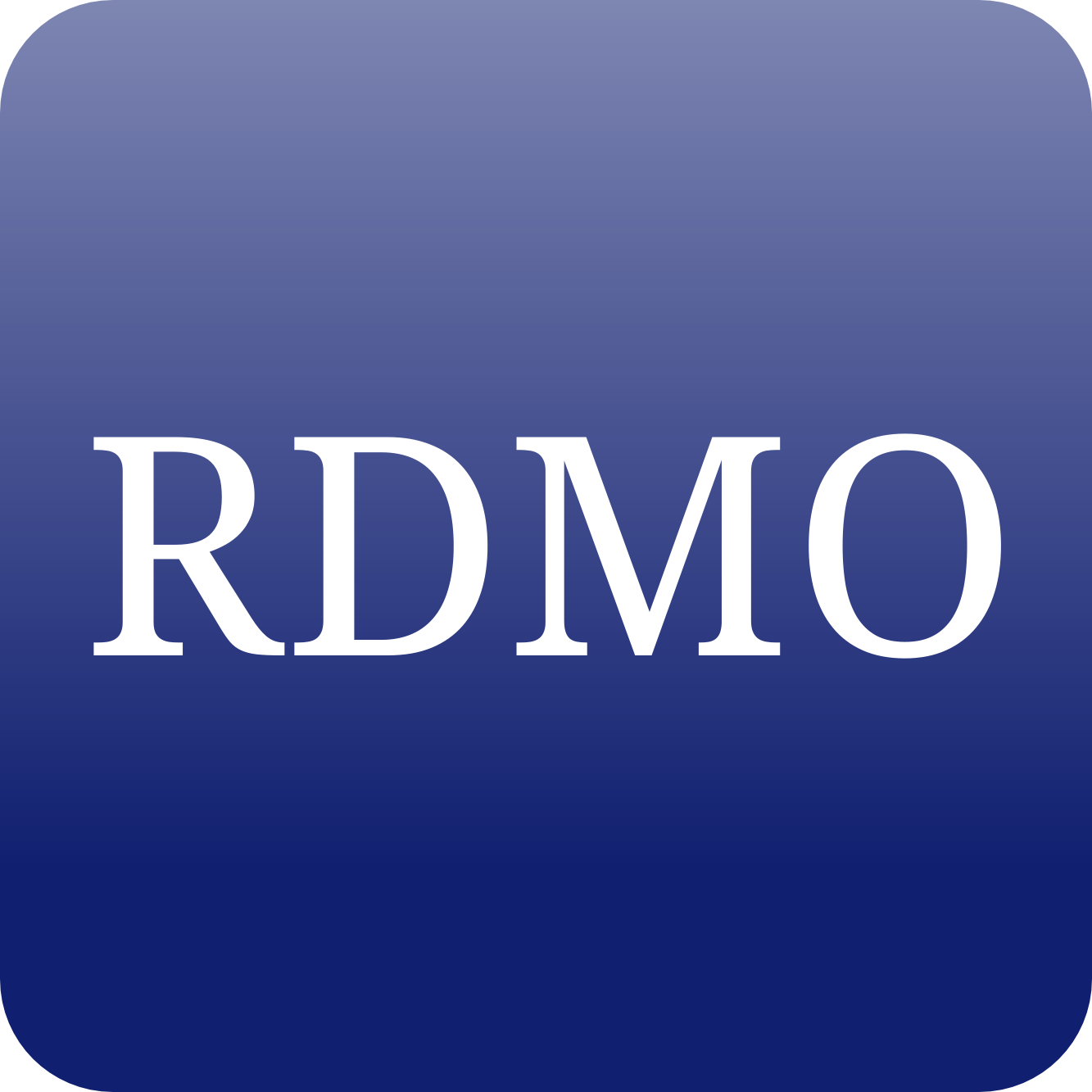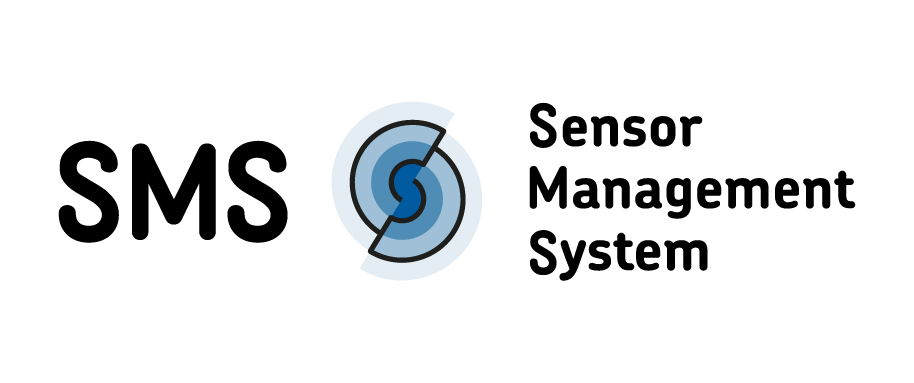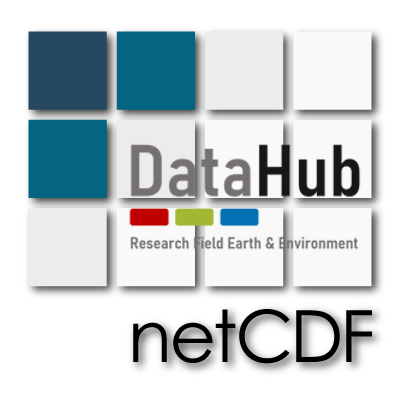For more information or support, please contact your local data manager or contact us.
This is a short selection of repositories for data publication for IMK employees. Further repositories for the publication of research data can be found in re3data.
Please note: All publications must be linked to a POF number. For data publications that are not published directly in KITopen, a cross-reference must be entered in KITopen in a short step. A short guide can be found here (see below).
 |
RADAR4KIT |
Subject-specific: No Operator: FIZ (& KIT) User administration: KIT account data format: all Data set size: 600 GB Curation: yes, IMK-internal
Special feature: Advice on the publication process and approval by IMK staff, version DOI (coming soon), upload via API and WebDAV possible Instructions for publishing research data with RADAR4KIT (steps 2 & 3 relevant for data producers) |
 |
KITopen |
Subject-specific: No Operator: KIT User administration: KIT account Data format: all File size: 600 GB (recommendation max. 50-100 GB) Curation: yes, KIT library Special feature: POF number entry, catalog for automated institute publication lists, publications appear automatically in RADAR catalog
|
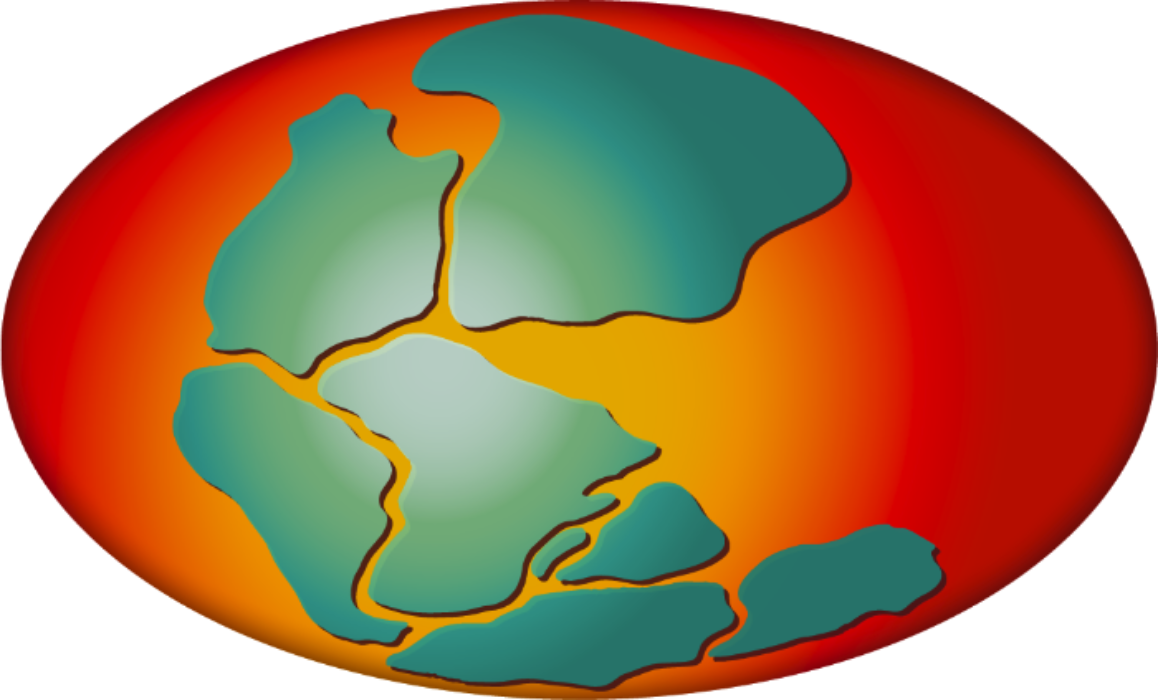 |
Subject-specific: Earth & environmental data Operator: AWI & MARUM User administration: individual registration & ORCID link data format: text, tab-seperated, binary, ... Data set size: max. 100 MB per uploader, separate link on request max. 10 GB Curation: yes (duration approx. 8 weeks) Special feature: only special data formats, partial exploration/visualization of the files in the Earth-Data Portal |
|
 |
Subject-specific: Earth system data with a focus on climate simulations and climate-related data products Operator: DKRZ User administration: individual registration Data format: NetCDF & GRIB Data set size: by arrangement also large amounts of data Curation: yes (duration: several weeks) Special feature: big data
|
|
 |
ZENODO |
Subject-specific: no operator: ZENODO User administration: individual, ORCID, data format: all Data set size: 50 GB (max 100 files) Curation: no Special feature: very fast own publication of all kinds of data and files (including presentations etc.) without any curation, version DOI |
Cross-reference in KITopen
If a dataset has not been published via KITopen but by another repository and has been assigned a DOI, it must still be entered in KITopen as a so-called cross-reference. Only the DOI of the dataset is required for this.
The following steps are necessary to enter the cross-reference:
- Log in to KITopen (log in with your KIT account)
- "KITopen" → "Deposit media"→ "Research data/Software" → select"Import with DOI..."
- Insert DOI and "Import publication"
- Check the fields and enter the corresponding POF number under "POF structure" (ask group leader if necessary)
Why is this entry necessary?
With an entry in KITopen, publications in other repositories are also visible in the KIT catalog and can therefore be found automatically in publication lists (e.g. here). The POF number is needed to make it easier to filter for publications of the individual Helmholtz programs and substructures and thus to evaluate productivity.
|
|
RADAR4KIT |
RADAR4KIT is a generic research data repository through which research data from completed scientific studies and projects can be compiled into data packages, described with metadata, permanently stored and archived or, if required, made publicly accessible. Published data is given a persistent identifier (DOI) and can therefore be found internationally.
Guide to publishing research data [link]
Further repositories for publishing research data can be found in re3data. |
|
|
CAT4KIT |
Cat4KIT is a cross-institutional catalog and RDM framework for the FAIRification of research data. The framework consists of four modules with different tasks: (1) providing access to data on storage systems via well-defined and standardized interfaces, (2) collecting and transforming (meta)data into consistent and standardized formats, (3) making (meta)data publicly accessible via well-defined and standardized catalog services and interfaces, and (4) enabling the search, filtering and exploration of data from decentralized research data infrastructures. |
|
|
THREDDS data server |
The THREDDS data server (TDS) is a web server that provides metadata and data access for scientific datasets using OPeNDAP, OGC WMS and WCS, HTTP and other remote data access protocols.
Two instances are hosted at the IMK: |
|
|
FROST Server |
The FROST server is an open source reference implementation of the OGC Sensor Things API (STA) data model and API. The OGC STA is a standard specification for providing an open and standardized method for connecting Internet of Things (IoT) devices, data and applications over the Internet. |
|
|
RDMO |
The Research Data Management Organizer (RDMO) supports research projects in the planning, implementation and administration of all research data management tasks, e.g. in the creation of data management plans. |
|
|
Sensor Management System |
The Sensor Management System (SMS) enables the comprehensive collection, management and export of metadata from platforms, sensors and measurement configurations of stations and campaigns operated in the Helmholtz Research Field Earth & Environment.
|
|
|
SaQC |
SaQC is a tool for quality control of time series data. It provides a collection of algorithms and methods for analyzing, annotating and processing time series data. It supports end-to-end enrichment of metadata and offers different user interfaces: 1) a Python API, 2) a command line interface with a text-based configuration system and a web-based user interface. |
|
|
NetCDF Metadata Convention |
This guideline document describes guidelines and conventions for the comprehensive description of NetCDF datasets. These guidelines are based on existing guidelines, but have been expanded and adapted to meet the needs of the Earth&Environment department. |

